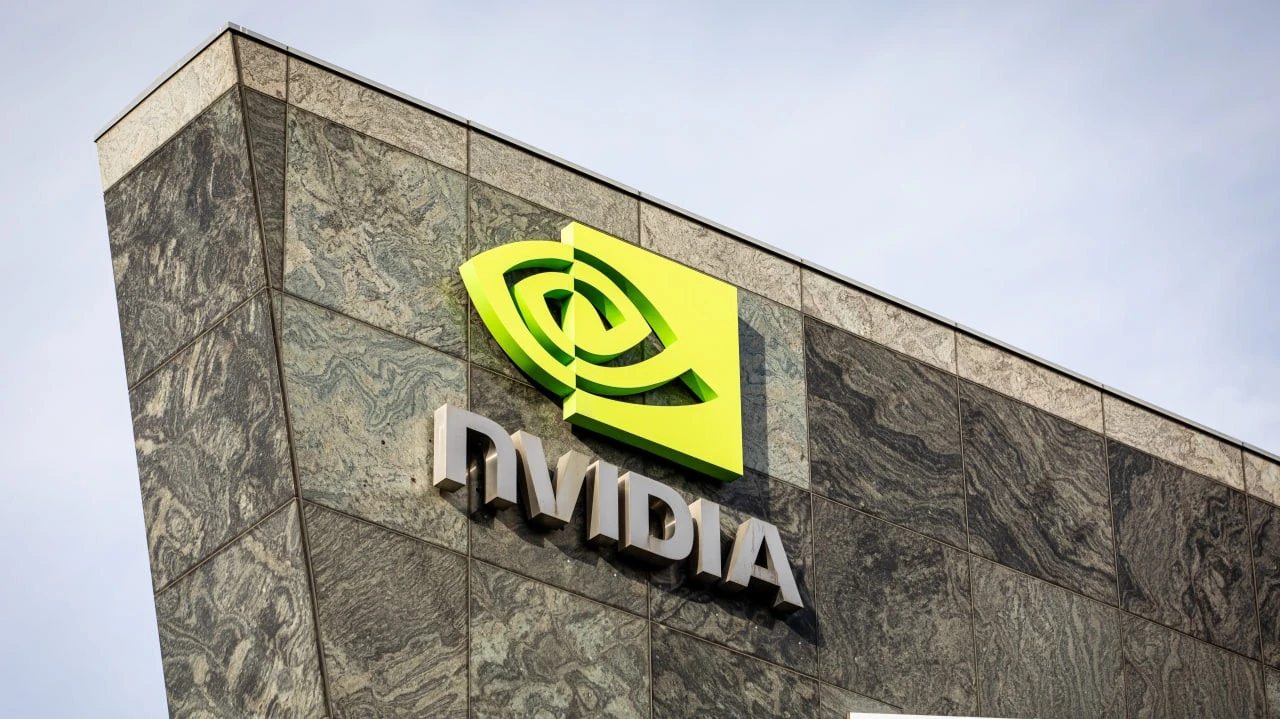The hedge fund made 42% for the year thanks to Nvidia. Why did it sell the stock now?
The founder of a hedge fund that nearly doubled the S&P 500 last year has switched to new tech stocks

Captain Global Fund founder John Chen has completely exited Nvidia, the company that helped his hedge fund earn 42% last year. The investor is wary of the risks associated with excess inventory, as well as a lack of improvement in earnings forecasts and fierce competition in the chip market. Now he's betting on the less obvious beneficiaries of the AI revolution.
Details
Captain Global Fund hedge fund founder John Chen sold all of his Nvidia shares in the first quarter, reports Bloomberg. Nvidia was one of the first stocks the former UBS analyst bought after setting up his fund in 2016, and he has reinvested in the company several times since then. Including the chipmaker's stock, the tech-focused hedge fund has generated a 42% return over the past year. By comparison, the S&P500 index gained about 22% over the same period
Chen got rid of Nvidia shares over concerns about possible delays in the production of Blackwell server racks, the agency writes. In November, Nvidia asked suppliers to change the design of racks for its new Blackwell GPU because of overheating problems, reported Bloomberg.
Among the risks, Chen also cited the company's possible excess inventory, lack of elevated profit forecasts and competition from custom chips, the agency adds.
"I really like Nvidia - its stock has helped me make the most money of my life. But when I need to sell, I need to sell. You can't fall in love with a stock," said Chen, whose fund manages about $100 million in assets
Chen also sold his shares in Taiwan Semiconductor Manufacturing Co, the world's largest contract chip maker and supplier to Nvidia and Apple, at the end of 2024. He cited geopolitical risks as well as a lack of transparency of spending plans from cloud service providers, the agency wrote.
What is he paying attention to now?
The hedge fund founder currently favors smaller companies that supply products to tech giants. Among his favorites are AI server makers Celestica and Wiwynn, cooling products manufacturer Asia Vital Components and cable manufacturer Credo Technology Group Holding, Bloomberg writes.
What the analysts are saying
In five years, Nvidia's stock has risen more than 1,400%. So far, the company remains a favorite of Wall Street analysts, Bloomberg writes. But in April, investment bank Seaport Global Securities unexpectedly gave the chipmaker its first and only Sell rating, recommending investors get rid of the stock because of the risk of slowing growth in AI budgets in 2026. Analyst Jay Goldberg of Seaport Global warned that Nvidia's biggest customers, including Microsoft and Meta, are developing their own chips and AI solutions. While their designs can't yet compete with Nvidia's chips, in the long run they could be cheaper and more affordable than its other products, dampening the flow of new orders from key partners.
Nevertheless, nearly 90% of analysts tracking Nvidia advise investors to buy its securities (Buy and Overweight ratings). Analysts set the average target price at $171.5, which implies an 18% appreciation of the company's securities.
